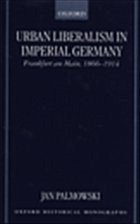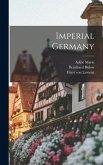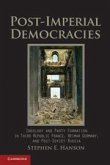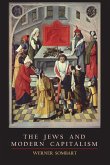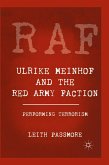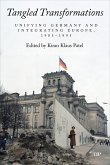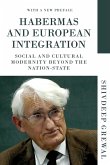Debates about Liberalism in imperial Germany have focused almost exclusively on the national level. This book investigates liberal politics in local government; the only sphere in which liberals had direct access to power throughout Germany. Through the study of one of Germany's most progressive cities, Frankfurt am Main, Jan Palmowski examines more generally the processes of politicization and policy formulation at the local level. He argues that in Frankfurt as elsewhere, local affairs had become politicized not around 1900, as is generally assumed, but by the 1870s. Once in power, the liberals' concern for religion, social policy, and education, as well as their skilful use of fiscal policy shows that liberals in Germany were as sophisticated as liberals in Britain or France. Even in the face of an authoritarian state structure, German liberals received and made use of freedom for renewal and reform. German liberalism was not inherently weak. Instead, the crucial problem lay in the country's complicated federal structure, which made it impossible to transfer innovations from the local level to the state and national levels.
This innovative study of urban liberalism in the most liberal major city in Imperial Germany goes well beyond anything currently available. The author draws on original archival sources to examine the nature of German liberalism from the annexation of Prussia to the outbreak of the First World War.
This innovative study of urban liberalism in the most liberal major city in Imperial Germany goes well beyond anything currently available. The author draws on original archival sources to examine the nature of German liberalism from the annexation of Prussia to the outbreak of the First World War.

